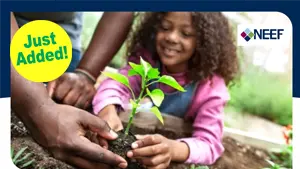
How Greening Communities Can Reduce Violence and Promote Health
What can be done to reduce violence in communities? One recent trend to combat community-wide violence is the creation of urban green spaces.
Accelerating resiliency planning in communities across the Commonwealth

What can be done to reduce violence in communities? One recent trend to combat community-wide violence is the creation of urban green spaces.
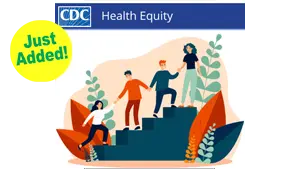
The Centers for Disease Control Office of Health Equity exists to ensure health equity is embedded in an all-of-public health approach to overcoming persistent health disparities and health inequities across a range of population groups that disproportionately experience poor health outcomes.

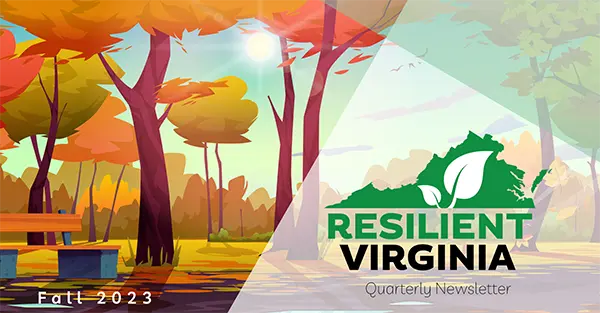
Collaborative Alliance for Central and Southwest Virginia + Funding Hub + Program and Project Updates + Listening Session + Strengthening Virginia’s Communities + EPA IRA Community Change Grants Program + Coastal Resilience Web Explorer + NOAA Restoration Atlas + GMU Local Climate Action Planning Initiative + MARISA Data, Tools, and Climate Adaptation Resources + Resilient Virginia Resources + Resilience News + The Fifth National Climate Assessment + Small Communities, Big Challenges: Rural Environmental Public Health Needs Prize Competition + Communities LEAP Cohort 2 + Unpacking Biden’s Climate Framework + more

$2 billion in Inflation Reduction Act funding available through EPA’s Community Change Grants program.

So much is happening that it’s easy to miss something. This is our brief weekly highlight of a few things we’ve see happening across Virginia.

Resilient Virginia is officially launching a regional collaborative for Central and Southwest Virginia – the Resilient Virginia Collaborative Alliance (RVCA).
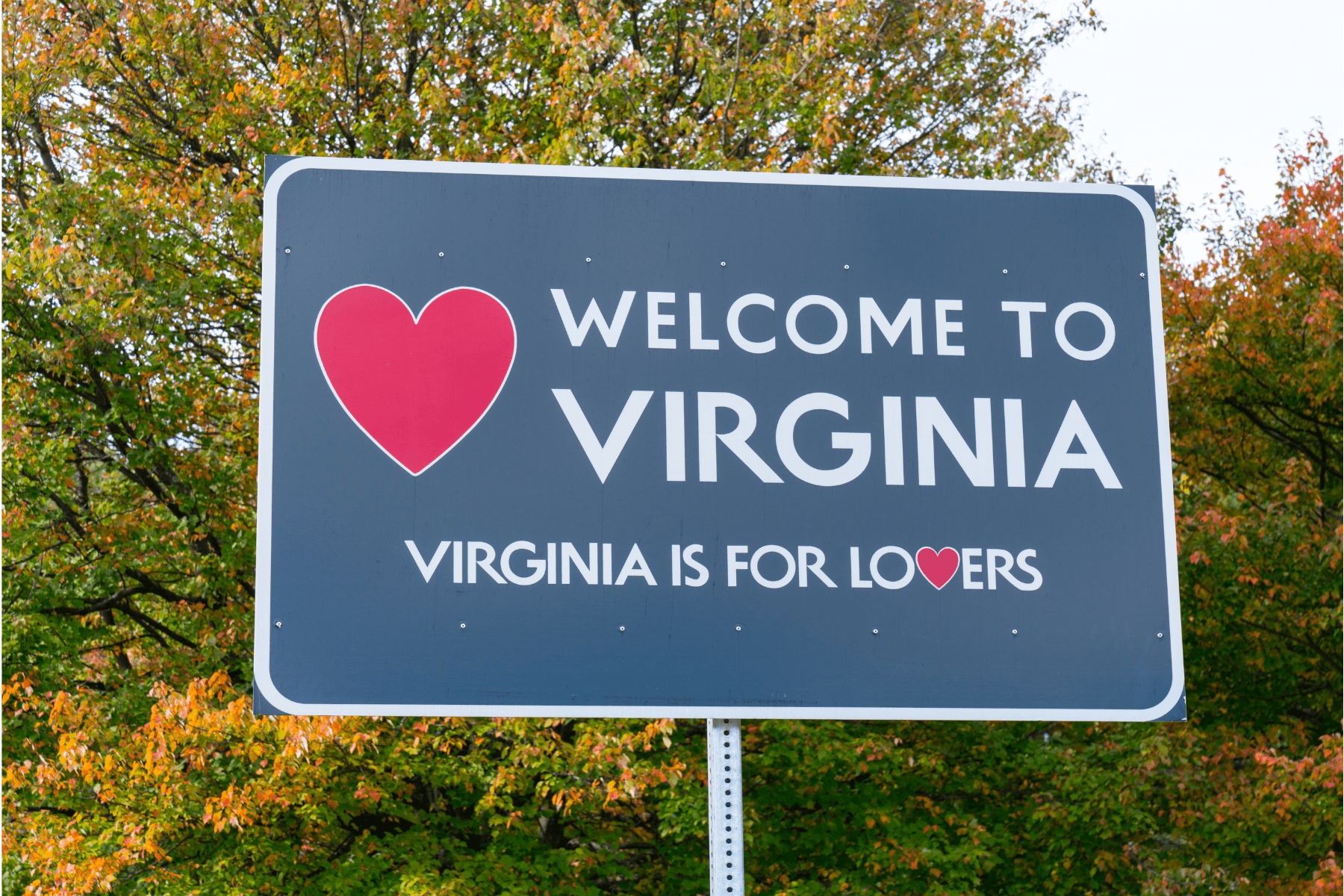
President Biden has taken a groundbreaking step in the nation’s response to climate change by directing the creation of the National Climate Resilience Framework. What does this framework mean for Virginia, and how can it help build resilience in the state?
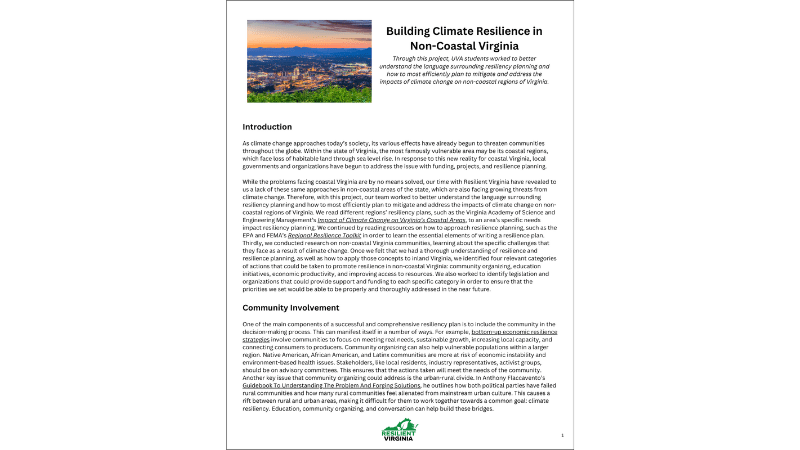
This report identifies four relevant categories of actions that could be taken to promote resilience in non-coastal Virginia: community organizing, education initiatives, economic productivity, and improving access to resources.

What can be done to reduce violence in communities? One recent trend to combat community-wide violence is the creation of urban green spaces.

The Centers for Disease Control Office of Health Equity exists to ensure health equity is embedded in an all-of-public health approach to overcoming persistent health disparities and health inequities across a range of population groups that disproportionately experience poor health outcomes.


Collaborative Alliance for Central and Southwest Virginia + Funding Hub + Program and Project Updates + Listening Session + Strengthening Virginia’s Communities + EPA IRA Community Change Grants Program + Coastal Resilience Web Explorer + NOAA Restoration Atlas + GMU Local Climate Action Planning Initiative + MARISA Data, Tools, and Climate Adaptation Resources + Resilient Virginia Resources + Resilience News + The Fifth National Climate Assessment + Small Communities, Big Challenges: Rural Environmental Public Health Needs Prize Competition + Communities LEAP Cohort 2 + Unpacking Biden’s Climate Framework + more

$2 billion in Inflation Reduction Act funding available through EPA’s Community Change Grants program.

So much is happening that it’s easy to miss something. This is our brief weekly highlight of a few things we’ve see happening across Virginia.

Resilient Virginia is officially launching a regional collaborative for Central and Southwest Virginia – the Resilient Virginia Collaborative Alliance (RVCA).

President Biden has taken a groundbreaking step in the nation’s response to climate change by directing the creation of the National Climate Resilience Framework. What does this framework mean for Virginia, and how can it help build resilience in the state?

This report identifies four relevant categories of actions that could be taken to promote resilience in non-coastal Virginia: community organizing, education initiatives, economic productivity, and improving access to resources.
The Lincoln Institute of Land Policy’s Consortium for Scenario Planning is hosting its ninth annual conference February 4–6, 2026, at the University of Utah in Salt Lake City, Utah. Cohosted by the Lincoln Institute, the…
Resilient Virginia Collaborative Alliance Agriculture Working Group monthly meeting. Anyone is welcome to join the conversation!
RVCA Agriculture Working Group
Thursday, October 23 · 11:00am – 12:00pm
Time zone: America/New_York
…
Resilient Virginia’s 2026 Resiliency Academy is a 10-session webinar series designed to help communities understand change, reduce risk, and build long-term resilience using practical, systems-based, and equity-centered approaches.
Virginia is facing growing challenges from sea-level rise, recurrent flooding, extreme heat, and economic disruption—making coordinated resilience planning more essential than ever.
Beginning in 2026, Resilient Virginia will launch the Resilience Foundations Certificate Program, a first-of-its-kind professional development initiative that brings together leaders from government, business, academia, and community organizations to advance systems-level resilience across the Commonwealth.
The Power of Partnership … Spotlight On Webinar Series … Resilience Certificate Survey … Interactive StoryMaps Advance Climate Equity … RVCA Updates … Tackling Emerging Contaminants Water Technical Assistance … Closing America’s Wastewater Access Gap Initiative … Firewise Virginia Community Hazard Mitigation Grant Program … more.
VCU RISE has launched interactive StoryMaps to highlight environmental justice issues in Charles City County, Emporia, and Richmond. Learn how these equity-focused tools blend local data, maps, and community stories to support planning, resource access, and climate resilience.